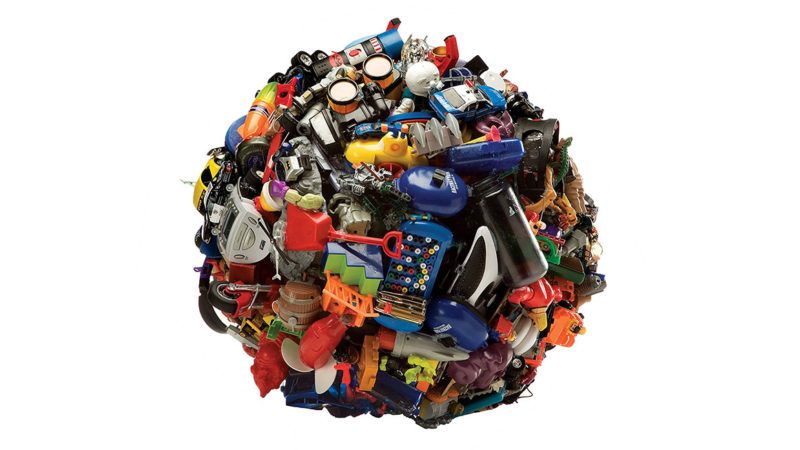Secondhand
Adam Minter's book reminds us that a lot of "value is created when less affluent people are given the opportunity to parse the goods of the wasteful affluent."

In 2014, an exporter of used electronics from the U.K. to Lagos, Nigeria, was sentenced to 16 months in prison and over 142,000 British pounds in fines. His crime? Helping get used TVs and other electronics no one in the U.K. wanted to the largest secondhand electronics market in Africa, where they'd improve the lives of workers, sellers, and consumers by being repaired and resold or stripped for usable parts.
His punishment came from a cruel do-gooder stunt by Greenpeace in collaboration with Sky News, which put a tracer in a TV and abandoned it in Hampshire. When they found it in Nigeria, they knew someone had violated a law defining such devices as "hazardous waste." Their search led them to an exporter, Joe Benson, who ended up in trouble with the law over 11 shipping containers' worth of electronics he was sending into Nigeria.
"Insisting that Africa's secondhand traders adopt Europe's definition of 'waste' or risk prosecution—in Europe—is a kind of colonialism," complains Bloomberg Opinion columnist Adam Minter in Secondhand: Travels in the New Global Garage Sale. Minter's delightfully detailed book helps us appreciate how those who pick, choose, and ship First World refuse to less-developed nations make the Earth richer and more environmentally sound.
"No legislation or regulation was required to create" the process Minter describes. This interconnected world of "globalized trade in secondhand goods evolved on its own, connecting those who have stuff with those who don't. Goodwill and Greenpeace couldn't have devised a better system if they'd tried." He successfully criticizes journalism that is "blind to how much value is created when less affluent people are given the opportunity to parse the goods of the wasteful affluent."
